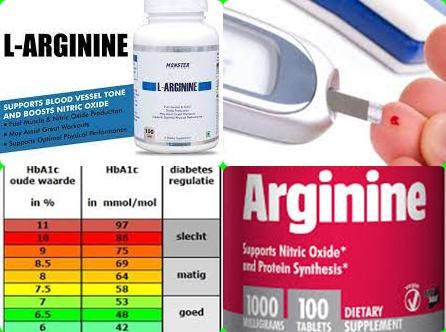
Objectives:
Does L-arginine supplementation improve biomarkers (fasting blood sugar, insulin, HbA1c and HOMA-IR values) of glycemic control in adults?
Study design:
This review article included 12 randomised clinical trials (RCTs).
Results and conclusions:
The investigators found L-arginine supplementation had no significant effect on serum fasting blood sugar (FBS) [weighted mean difference (WMD) = -3.38 mg/dL, 95% CI = -6.79 to 0.04, p = 0.53], serum insulin [WMD = -0.12 Hedges' g, 95% CI = -0.33 to 0.09, p = 0.27], glycated haemoglobin A1c (HbA1c) [WMD = -0.04%, 95% CI = -0.25 to 0.17, p = 0.71] and homeostasis model assessment for insulin resistance (HOMA-IR) [WMD = -0.48, 95% CI = -1.15 to 0.19, p = 0.15].
No significant because the calculated p-value of 0.15 was larger than the p-value of 0.05.
The investigators concluded although several animal studies have proposed that L-arginine supplementation might improve blood glucose control, the present review article could not confirm this benefit in humans.
Original title:
Effects of L-arginine supplementation on biomarkers of glycemic control: a systematic review and meta-analysis of randomised clinical trials by Karimi E, Hatami E, […], Askari G.
Link:
https://pubmed.ncbi.nlm.nih.gov/33426939/
Additional information of El Mondo:
Find more information/studies on L-arginine and diabetes right here.
Arginine is classified as a semiessential or conditionally essential amino acid, depending on the developmental stage and health status of the individual, that helps the body build protein. L-arginine is also found in most protein-rich foods, including fish, red meat, poultry, soy, whole grains, beans and dairy products.